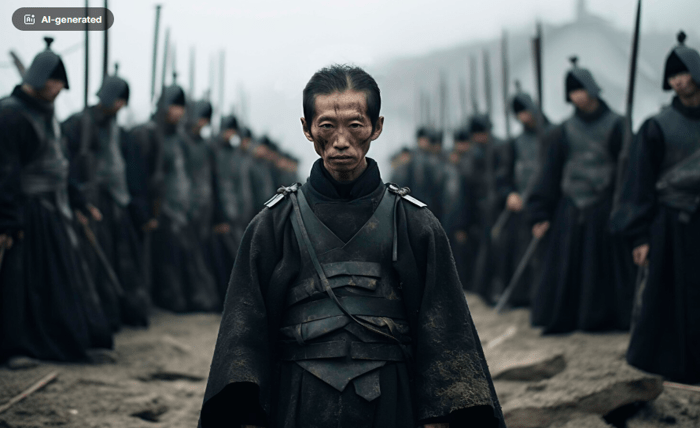
When you begin to learn Mandarin online or work with an online Chinese teacher, you probably often encounter Chinese history even just in what seem to be rather basic or normal topics. Historical vocabulary, in fact, and “dynastic” knowledge, as well as classical terms are part of the Chinese language in many regards, and native speakers are familiar with this tradition. Among the formative stories of Chinese civilization, the decline and fall of the Western Zhou Dynasty (1046–771 BCE) stands out as a turning point, both politically and culturally.
The Western Zhou had inherited the Mandate of Heaven after defeating the Shang, establishing a feudal order where land and titles were granted to nobles in exchange for loyalty to the royal house. This system functioned effectively in the dynasty’s early centuries, supported by kinship networks and ritual unity. However, over time, decentralization weakened central authority. Powerful local rulers began to prioritize their own territories, and the court at Haojing struggled to maintain its influence.
A major factor contributing to the dynasty’s decline was internal corruption and extravagant spending, particularly under King You of Zhou. His reign is remembered for the infamous story of his queen, Bao Si, whose rare smile he tried to elicit by lighting the warning beacons meant to summon nobles in times of danger. When the true danger came—the invasion of the Quanrong nomads—the feudal lords ignored the beacons, believing it was another trick. This event culminated in the sacking of the Zhou capital in 771 BCE, the death of King You, and the forced relocation of the royal court eastward to Luoyang.
The collapse of the Western Zhou did not mark the end of the Zhou dynasty altogether, but it marked the end of centralized power. The subsequent Eastern Zhou era, especially the Spring and Autumn and Warring States periods, was characterized by fragmentation, warfare, and intellectual flourishing. Thinkers such as Confucius and Laozi emerged precisely in this environment of instability, offering competing visions for moral, social, and political order.
For modern learners of Chinese, stories like that of the Western Zhou highlight the inseparable connection between language and history. Vocabulary such as 天命 (tiānmìng, “Mandate of Heaven”) or 封建 (fēngjiàn, “feudal system”) carries meanings that extend beyond simple definitions—they are tied to the shaping of Chinese political thought. Institutions like GoEast Mandarin in Shanghai recognize this connection, often integrating historical materials into lessons.
The fall of the Western Zhou thus remains a real case study in how political structures rise and decline, how cultural memory preserves such events, and how language continues to serve as the vessel through which these lessons are transmitted…




